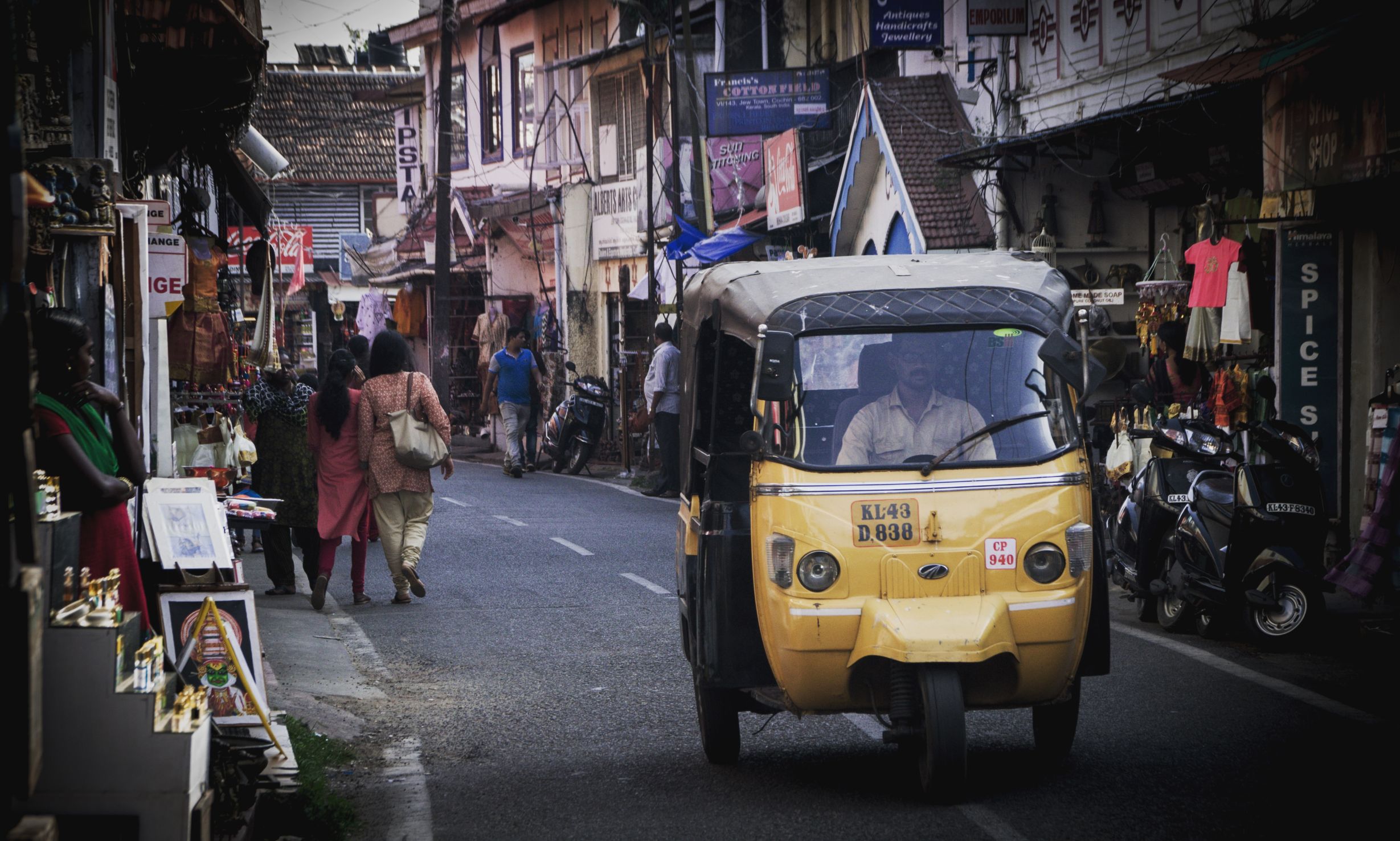Event has already taken place!
Multistakeholder approach to promote sustainable urban freight in Indian cities
Wednesday, 24 March, 8:30-10:00 CET
Abstract: Considering the high environmental externalities, urban freight has garnered considerable interest from the national government in India. The fragmented governance structure and lack of coordinated actions have made the sector complex. National governments consider urban freight to be a local problem; many local authorities consider it a private-sector problem, and the private sector often considers it as an infrastructure and regulatory problem. The current paper addresses complex issues of sustainable urban freight and governance in three Indian cities and states on a pilot basis: Kochi (Kerala), Panaji (Goa), and Shimla (Himachal Pradesh). The cities are selected considering different socio-economic and demographics characteristics to ease the replication in other cities. To, overcome the issues and challenges a multi-stakeholder governance approach has been proposed for real-time engagement, collaboration, and coordination amongst stakeholders. It discusses the findings of the approach to promote engagement and collaboration among various stakeholders actively engaged in the sector. The multi-stakeholder governance approach is developed as part of the larger project “EcoLogistics: Low carbon freight for sustainable freight” supported by the German Federal Ministry of Environment, Nature Conservation and Nuclear Safety through the International Climate Initiative.
The approach involved scientific understanding of the sector at different levels (national, state and cities) from the perspective of policies, regulations, governance, institutions, stakeholders, supply chain, infrastructure, and externalities. Based on detailed analysis, stakeholders were identified across the links of the urban freight supply chain (production, transportation, storage, and distribution). A detailed qualitative, as well as a quantitative approach, was developed for interactions along with primary surveys and analysis of secondary data.
It was observed that lack of coordination and understanding related to urban freight is resulting in policies and programs being planned merely from the passenger transport perspective, without considering the goods movement. Moreover, it includes the identification of various bottlenecks related to infrastructure and policies on urban freight in Indian cities. Based on initial findings, the local governments established the Multistakeholder committee through official letters in Kochi, Panaji, and Shimla. The immediate mandate of the committee was to initiate discussions on interventions to align freight policies with other development plans such as future comprehensive mobility plans, air quality plans, city development plans.
The approach is helping cities to develop baselines related to urban freight along with documentation of various externalities from the sector including GHG emissions. Following the baseline, cities aim to develop sustainable urban freight action plans and policies. The state and national governments shall be informed about detailed learnings from cities to initiate discussions on dedicated policy for sustainable urban freight in Indian cities.

